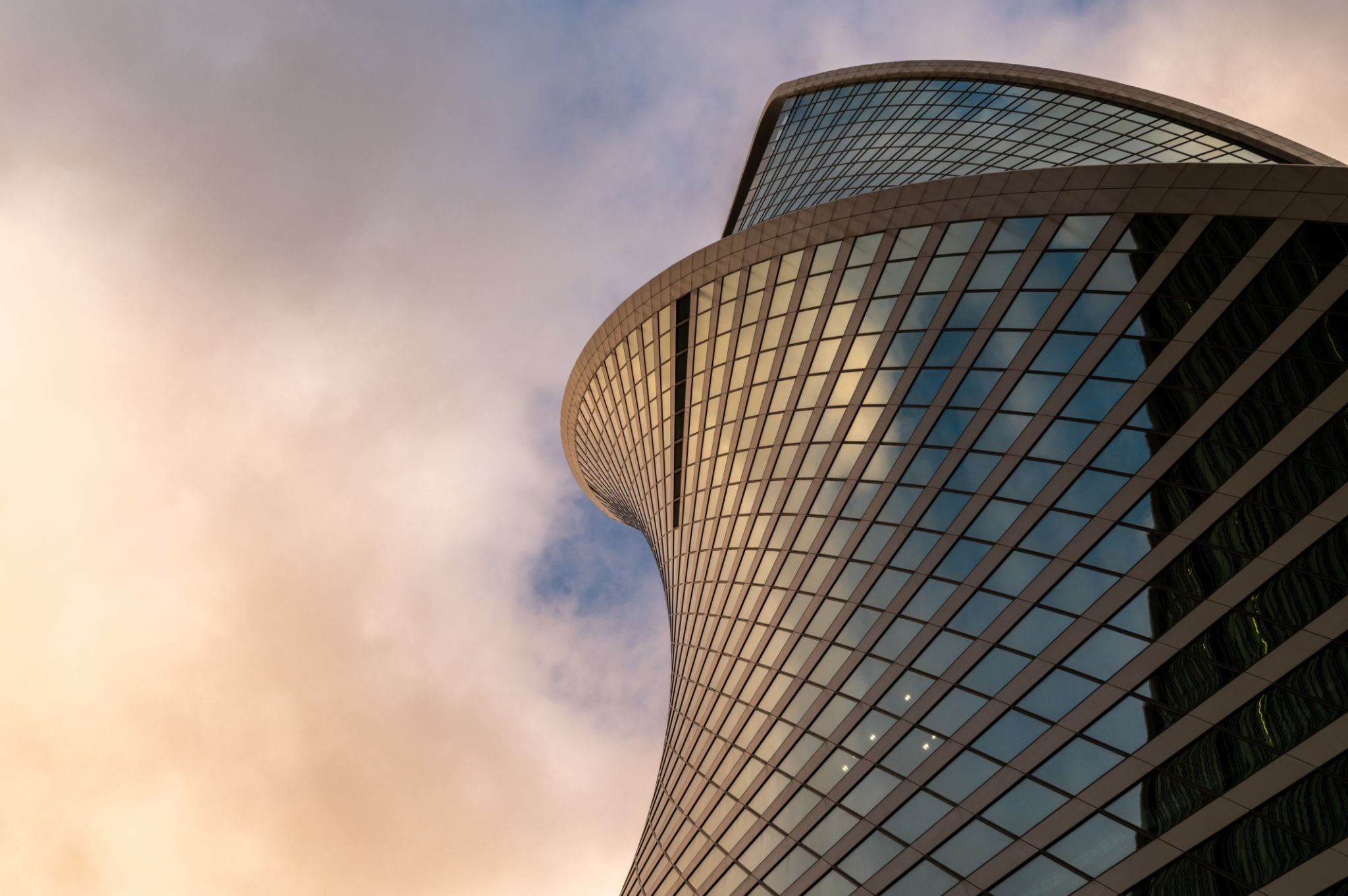Exploring Innovative Construction Trends in New Zealand
Introduction to Innovative Construction Trends
New Zealand's construction industry is undergoing a remarkable transformation as it embraces innovative trends that enhance efficiency, sustainability, and design. These trends are not only reshaping the built environment but are also paving the way for smarter, more resilient structures. In this blog post, we'll explore some of the most exciting developments in New Zealand's construction sector.

Sustainable Building Practices
One of the major shifts in the construction industry is the focus on sustainability. New Zealand builders are increasingly adopting green building practices to reduce carbon footprints and create healthier living environments. The use of sustainable materials, such as recycled steel and timber, is becoming more common. Additionally, energy-efficient designs that incorporate solar panels and natural ventilation systems are being integrated into new builds.
Another aspect of sustainable building is the emphasis on reducing waste. Construction companies are implementing waste management practices that include recycling materials and minimizing on-site waste. This not only helps the environment but also reduces costs for builders and clients alike.
Advanced Building Technologies
Technological advancements are playing a crucial role in the evolution of construction methods. In New Zealand, the use of Building Information Modeling (BIM) is revolutionizing how projects are planned and executed. BIM allows for detailed 3D modeling, enabling architects, engineers, and contractors to collaborate more effectively and identify potential issues before they arise.

Additionally, the implementation of drones and robotics in construction sites is enhancing precision and safety. Drones are used for site surveys and progress monitoring, while robots assist in tasks like bricklaying and concrete pouring, reducing human error and increasing efficiency.
Modular and Prefabricated Construction
Modular and prefabricated construction techniques are gaining traction in New Zealand due to their time-saving benefits and cost-effectiveness. These methods involve constructing sections of a building off-site and then assembling them on location. This not only speeds up the construction process but also ensures better quality control as most of the work is done in a controlled environment.
The flexibility offered by modular construction allows for easier customization and expansion, making it an attractive option for residential and commercial projects alike. As demand for affordable housing continues to grow, prefabricated solutions provide a viable answer to this pressing need.

Smart Buildings and IoT Integration
The integration of smart technology into buildings is another trend reshaping New Zealand's construction landscape. Smart buildings equipped with Internet of Things (IoT) devices offer enhanced automation and control over various systems such as lighting, heating, and security. This leads to improved energy efficiency and user comfort.
- Automated lighting systems that adjust based on occupancy and natural light levels.
- Smart thermostats for optimal temperature control.
- Advanced security systems with real-time monitoring capabilities.
Conclusion
As New Zealand continues to innovate within its construction sector, these trends highlight a commitment to creating sustainable, efficient, and technologically advanced structures. By embracing these changes, the country is setting a precedent for future developments in the industry. The combination of sustainable practices, advanced technologies, modular methods, and smart integrations ensures that New Zealand remains at the forefront of global construction innovation.
